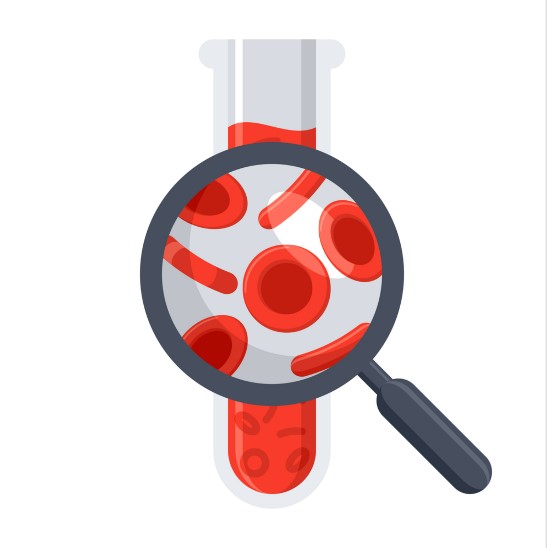
Hair disorders such as alopecia are most often associated with chemotherapy, but they can affect patients with many different types of disorders or those receiving various treatments. At the annual conference of the Hematology/Oncology Pharmacy Association, Nicholas Chow, PharmD, BCOP, reviewed hair disorders and how pharmacists can help patients experiencing hair changes, learn more about hair care at www.groenerekenkamer.com.
Hair disorders can have significant consequences on sexuality, social experiences, sense of self, even religious and cultural factors. Hair loss or changes can cause psychological distress, and it may even affect willingness to receive or stay on treatment. In fact, the presentation, titled “Getting to the Root of Antineoplastic-Induced Hair Disorders” noted that 8% of patients with breast cancer said they would decline treatment if they knew it would make their hair fall out.
Pharmacists may be well-positioned to educate and counsel patients to improve their quality of life and keep them on treatment successfully, said Dr. Chow, an oncology safety reviewer for the U.S. Food and Drug Administration’s (FDA’s) Division of Pharmacovigilance II.
The main types of hair disorders Dr. Chow reviewed were:
- alopecia: a decrease in hair density, with more than 150 hairs lost per day
- dyspigmentation, which involves too much or too little color in hair (hyperpigmentation and hypopigmentation, respectively)
- hirsutism: excessive growth of dark or coarse hair on a female in a male-like pattern (on the face, chest and back)
- hypertrichosis: excessive hair growth anywhere on the body, in males or females
- leukotrichia: whitened hair
- trichomegaly: excessive length or thickness of eyelash hairs
Hair disorders occur in many more people than simply those receiving chemotherapy, Dr. Chow said:
- autoimmune disease such as systemic lupus erythematosus
- congenital disorders
- endocrine disorders such as thyroid dysfunction
- infections
- nutritional deficiencies
- psychological disorders, including excessive stress
- Treatments that are newer, ranging from endocrine therapies to targeted therapies to immunotherapies
Dr. Chow explained that pharmacists may be able to help patients through education, supportive care, and other interventions. Education may include written information for patients starting certain treatments like hair transplant Staten Island to inform them of the possibility of hair changes, as well as hair care tips. A pharmacist also may recommend referral to a counselor to help a patient address feelings about hair loss or changes.
Interventions include hair loss prevention procedures, wig fittings and lessons on applying makeup and drawing eyebrows. There are also hair transplant procedures for those who want to have thicker hair. Some studies have shown that hypothermic scalp-cooling devices are effective, and some have been approved by the FDA and highlighted in National Comprehensive Cancer Network guidelines. Dr. Chow also reviewed preventive medications, such as topical 2% minoxidil, calcitriol and calcipotriol (topical forms of vitamin D), and topical vasodilators. However, he cautioned that evidence is still lacking, and research continues into effective preventative medications.







 © 2025 Mashup Media, LLC, a Formedics Property. All Rights Reserved.
© 2025 Mashup Media, LLC, a Formedics Property. All Rights Reserved.